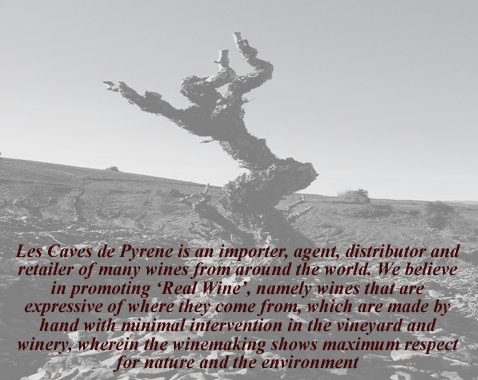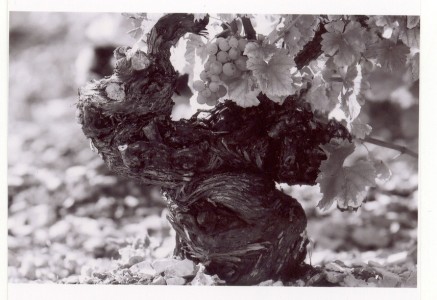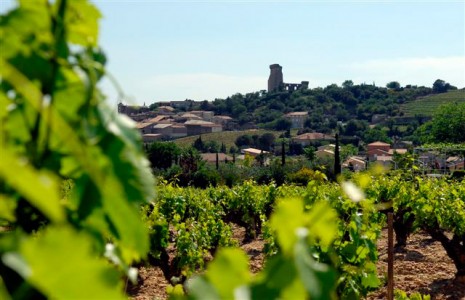—by Doug Wregg
Meet the new blog
Same as the old blog
(But a lot easier to read)
With apologies to The Who
Who are you? Or, rather, who are we? Sometimes, with the business of the wine trade focusing on business, we forget what drives us, namely the excitement and pleasure of discovering new wines and interacting with growers and customers.
Putting out mission statements tends to erode credibility, but, as the song goes, we want to accentuate the positives and eliminate the negatives in our philosophy. Those positives that we aim to promote are: wines of terroir and typicity; delicious, tasty, unmediated wines; diversity of style and indigenous grape varieties; the endeavours of small independent growers; and the importance of sustainable, organic viticulture and (where possible) natural winemaking. We work from the point of view of understanding the wine by trying to understand the country, the region, the microclimate, the vineyard and the grower. Every wine tells a story and that story deserves to be told.
220 different grape varieties and counting…
The future, we believe, lies in reacquainting ourselves with “real wines”, seeking out and preserving the unusual, the distinctive and the avowedly individual. The continuing commercialisation of wine has necessarily created a uniformity of style, a reduction of numbers of grape varieties and a general orientation towards branding. We therefore applaud growers and estates with their rows of vines from ancient grape varieties, those who with French rootstock, diverse Alpine growers for upholding recondite traditional indigenous grapes (life for us is no mere cabernet, old chum), those who work the land and harvest by hand, those who apply sensitive organic sustainable solutions and achieve biodiversity whatever the struggle. Talking about terroir is not mad-eyed mumbling hocus-pocus nor misty-eyed mysticism (though the French wax so poetical about it); it concerns systematically highlighting the peculiar qualities of the vineyard, getting to the roots of wine itself so to speak, and analysing how flavours derive from sympathetic farming. Quite simply it is the main reason why things naturally taste differently. Ultimately, we want wine to taste of the place it came from. As one of our Italian growers puts it: “We seek to express exactly what the grapes give us, be it power or structure, or finesse and elegance, rather than transform or to impose a style that the wine would not otherwise have had”.
Natural Evolution
In the last few years we’ve become (naturally) associated with natural wine, buying almost exclusively from small artisan growers who work organically (at least) and without additives. We are also involved with a group of natural wine bars, dedicated to promoting quality artisan wines and introducing them to as many people as possible. We try to champion diversity and choice; encouraging customers to question what they are drinking and to appreciate the provenance of what is in the bottle. In the last two years we have been partners in the inaugural Natural Wine Fair and The Real Wine Fair respectively, two very important growers’ events which have further helped to popularise these wines. We have discovered many comrades in the wine trade – merchants, retailers, sommeliers, writers and amateur enthusiasts – who feel the way we do about wine. If natural wine is a movement then it is a realistic, grower-driven grass-roots one, composed of allsorts and individuals, one with no catch-all philosophy or single spokesperson, inhabiting its own refreshing corner of a wine trade happily removed from pr puffery, trends and the general exaltation of image over substance.




